A blocked cold water pipe can cause some trouble. It may disrupt your day and could harm your plumbing system. But don't worry, you can fix it.
This article gives you straightforward methods to unblock a cold water pipe. The instructions are simple, so you can confidently fix the problem yourself. By using this guide, you can save time and money, and prevent further issues.
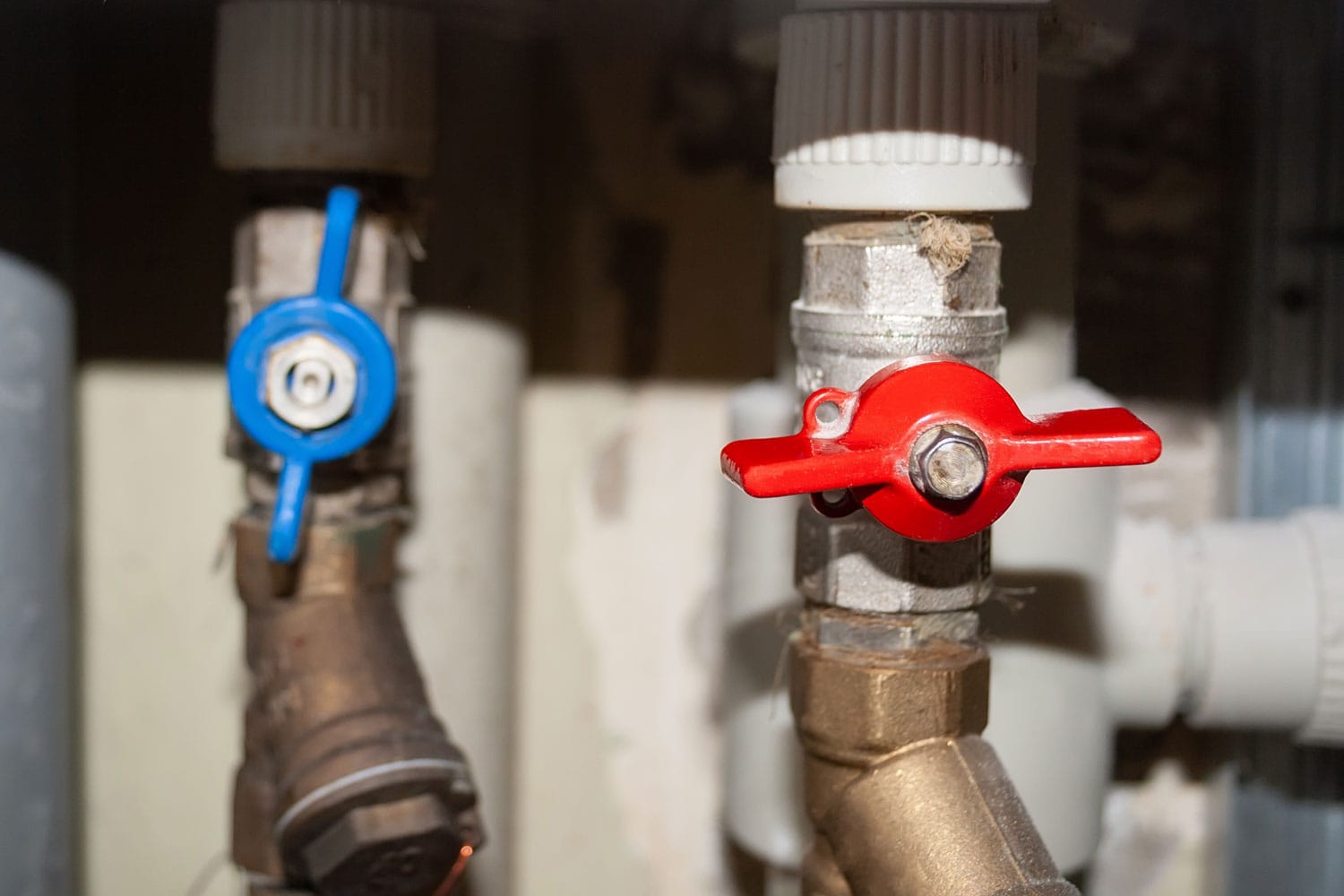
Now, let's learn about basic plumbing maintenance and get your cold water pipe working properly again.
Detecting Blocked Cold Water Pipe
This friendly guide will walk you through spotting a blocked cold water pipe in your home.
Common Signs of Blockage
1. Reduced water flow
If you notice a significant decrease in water flow from faucets or appliances, this may indicate a blockage in the cold water supply.
2. Strange noises
Listen for unusual sounds, such as gurgling or bubbling, coming from the pipes. These noises can be a sign of a clog.
Checking Water Flow
To check the water flow in your cold water pipes:
- Turn on the main water valve if it is not already on.
- Open the faucets one by one and observe the water flow.
- Take note of any noticeable decrease in water flow at different faucets or appliances.
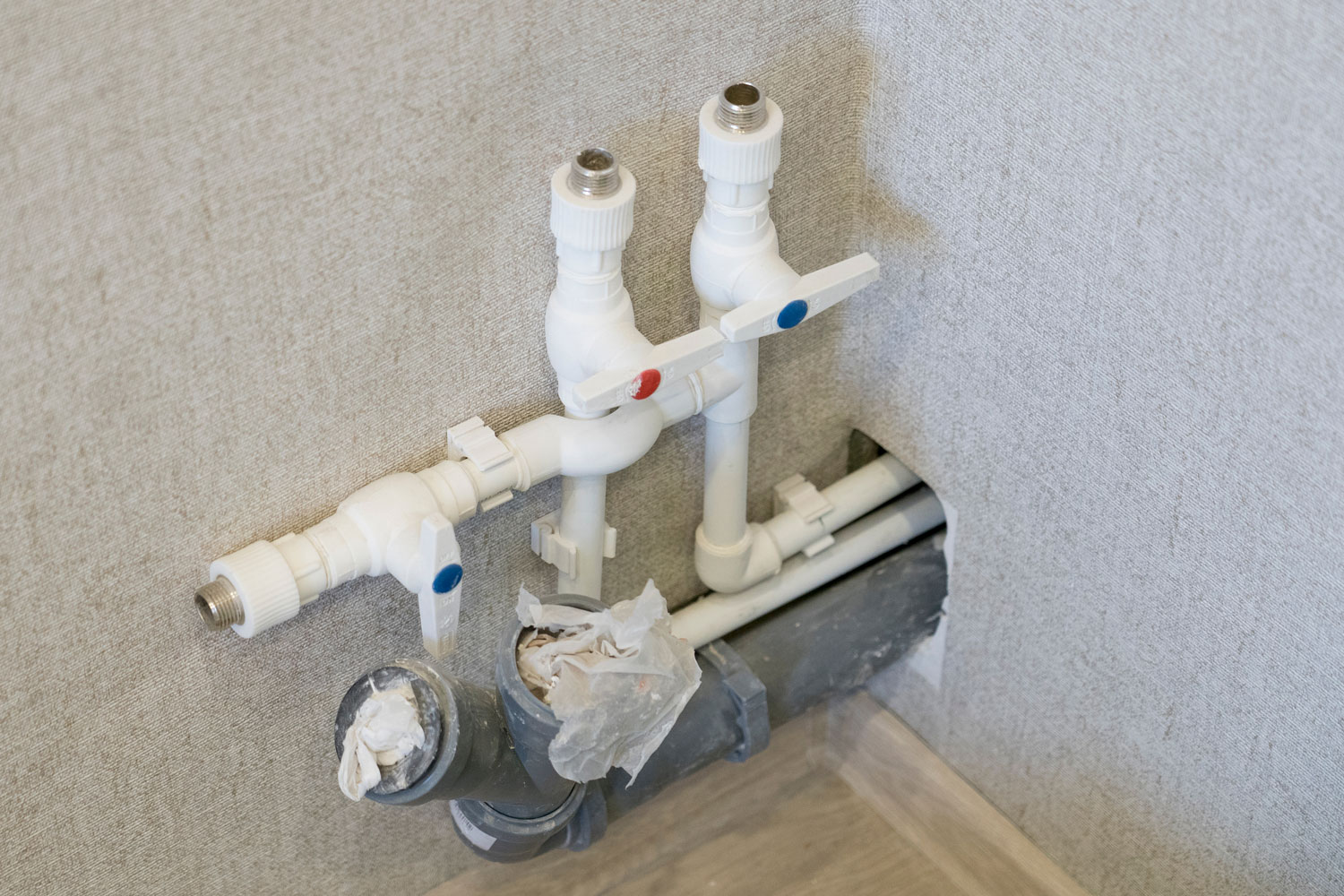
You might also like: Getting Shocked By Water Pipe — Why And What To Do?
Locating the Blockage
Once you've identified reduced water flow as a potential issue, follow these steps to locate the blockage:
- Start by turning off the main water valve in your house.
- Open all the faucets connected to the cold water supply. This will help release pressure from the pipes.
- Begin at the faucet or appliance with the most reduced water flow, and slowly work your way back towards the main water valve.
- Inspect visible pipes, looking for any possible signs of damage or build-up that could cause a blockage.
Causes of Blocked Cold Water Pipes
This section will discuss the common causes of blocked cold water pipes. Understanding these issues can help you address them more effectively. Let's take a look at the main culprits.
1. Solid Build-Up
Solid build-up inside the pipes is a common cause of blockage. Some common substances that can accumulate inside your pipes include:
Hair
Hair strands often get tangled in drains and can cause significant blockages.
Soap scum
Over time, soap residue can build up in pipes, reducing water flow and potentially leading to blockages.
Lime and calcium deposits
Hard water contains minerals like lime and calcium, which can stick to the inner walls of pipes and form blockages.
2. Corrosion and Rust
Corrosion and rust can lead to blocked cold water pipes. These issues typically occur in pipes made of metal, such as galvanized steel or copper.
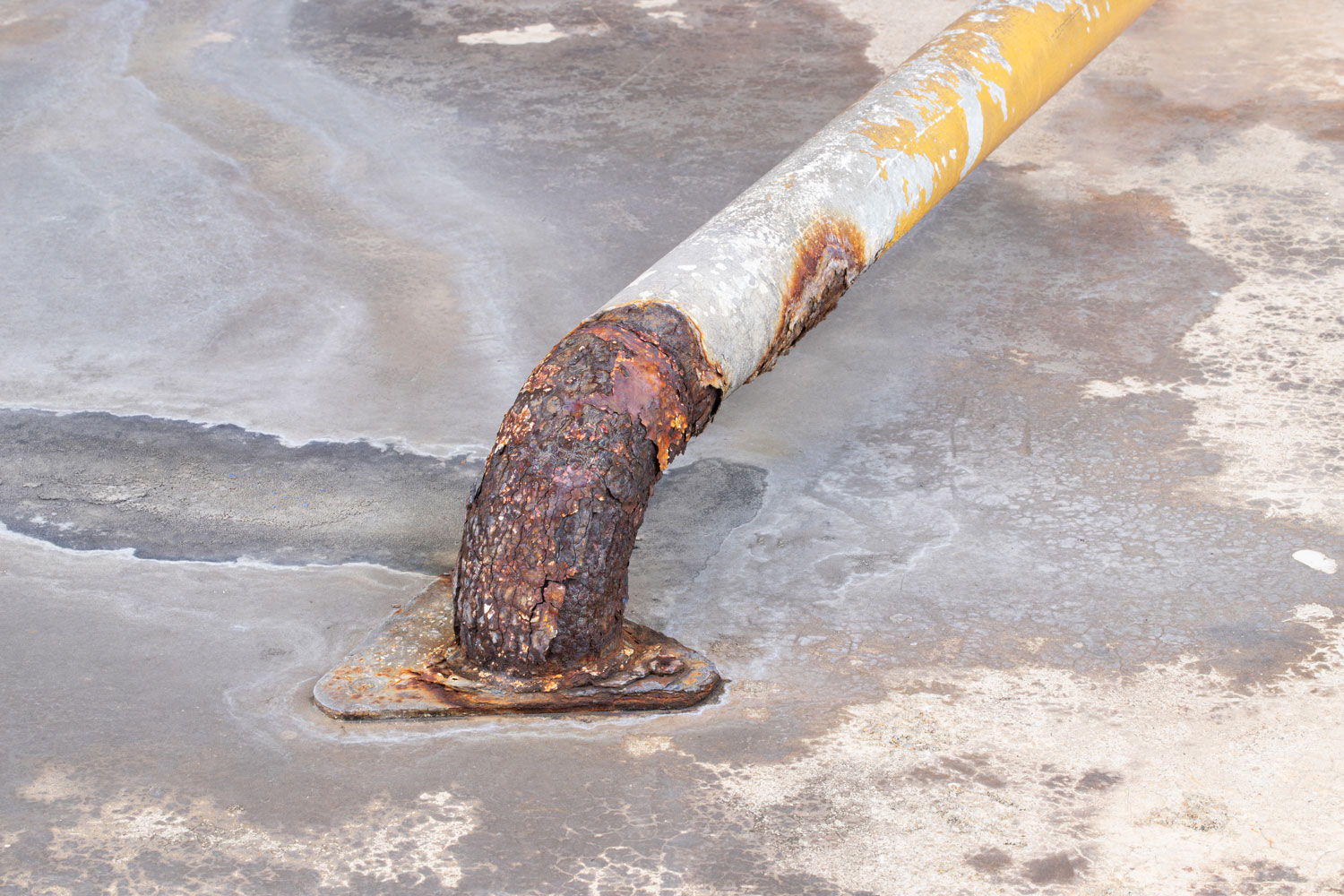
When water flows through metal pipes, the water's oxygen and minerals can react with the metal, causing corrosion and rust formation.
3. External Factors
External factors can also cause cold water pipe blockages. Some common examples include:
Debris
Dirt, leaves, or other debris can enter the water tank and create blockages in your pipes.
Tree roots
Tree roots can grow into pipes, especially older clay pipes, causing blockages and subsequent damage.
Frozen pipes
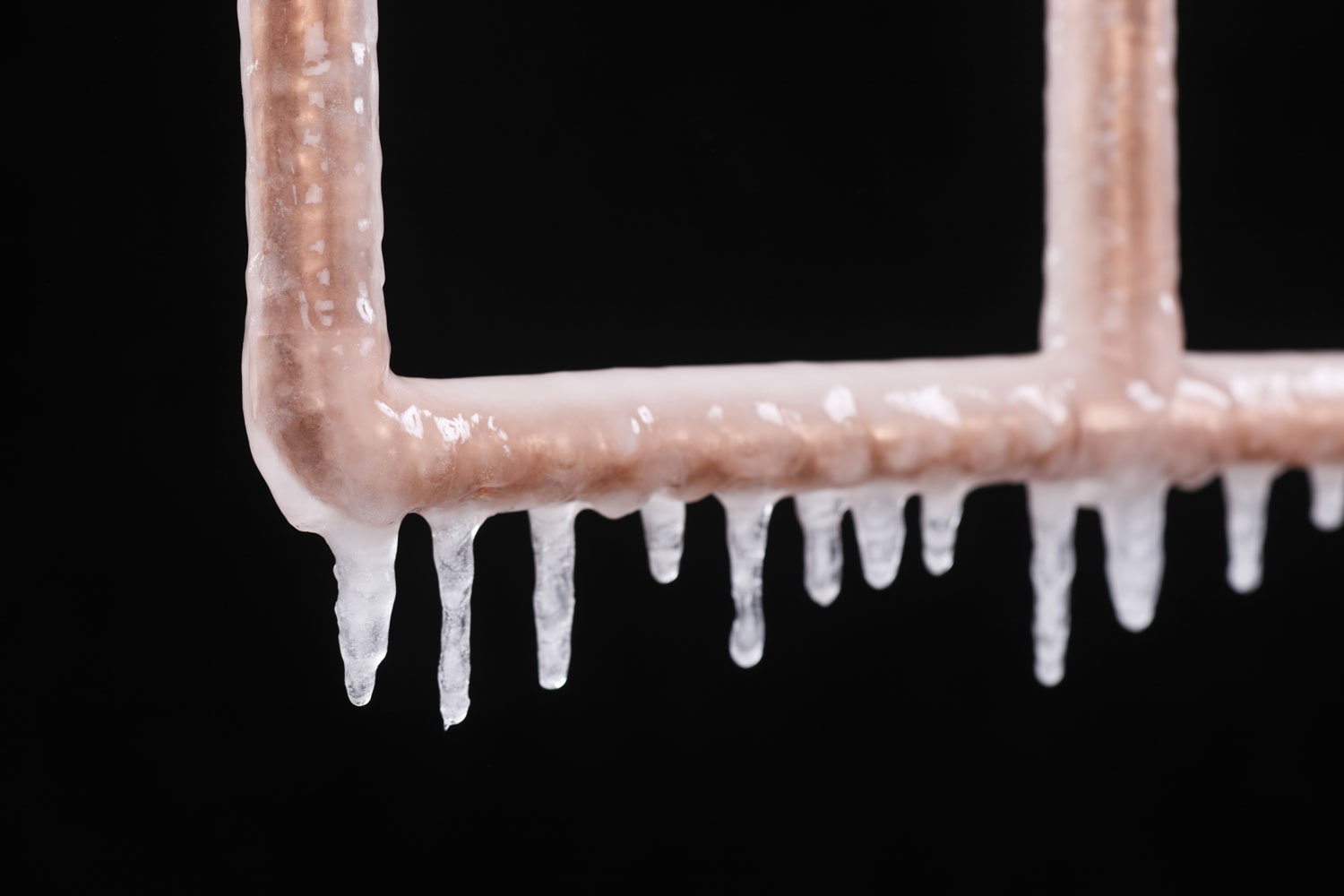
Cold weather can cause water inside pipes to freeze, leading to blockages and potential pipe damage.
Be sure to check out: Water Pipe Sticking Out Of Wall – Can I Remove It Or Cover It?
Home Remedies to Clear Blocked Pipes
Blocked pipes can be a frustrating problem to tackle. Here are some friendly suggestions to help you clear them with ease.
Hot Water and Salt
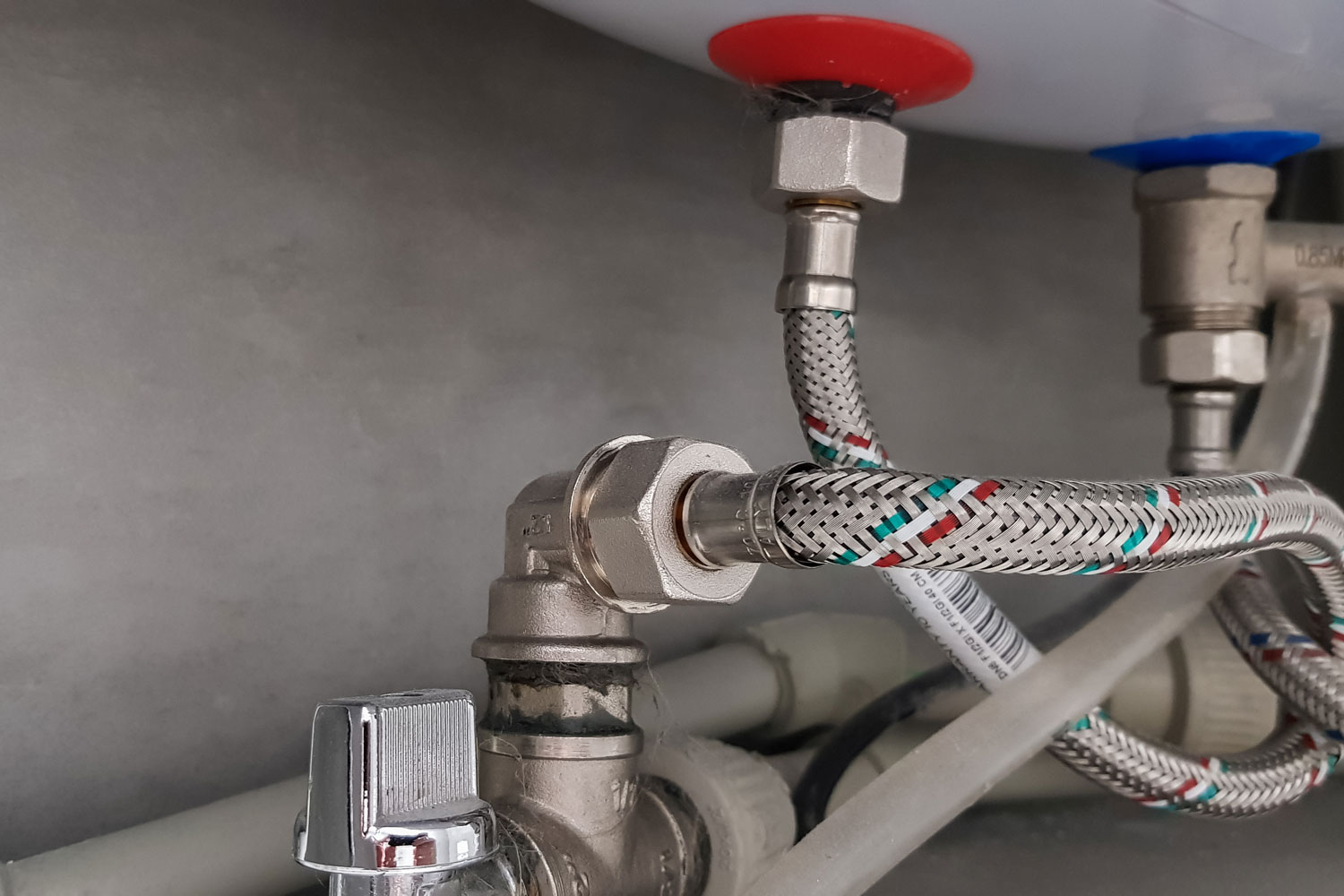
Using hot water and salt is an effective way to clear a blocked cold water pipe. Pour a hot water and salt mixture down the drain, then wait for the deposits to dissolve.
- Heat up water, but be careful not to boil it.
- Add 1/2 cup of salt to the hot water.
- Pour the mixture of hot water and salt down your blocked pipe.
- Wait for the solution to dissolve the blockage.
Click here to see this salt on Amazon.
Vinegar and Baking Soda
This combination can help break down deposits inside your blocked pipe.
1. Pour 1/2 cup of baking soda down the drain.
Click here to see this baking soda on Amazon.
2. Follow it with 1/2 cup of vinegar.
Click here to see this vinegar on Amazon.
3. Cover the drain with a cloth or plug to create pressure.
Click here to see this cloth on Amazon.
4. Wait at least 30 minutes for the mixture to work.
5. Flush the drain with hot water to clear any remaining debris.
Plunger and Air Pressure
Using a plunger can create sufficient air pressure to clear a blocked pipe.
1. Cover the drain opening with the plunger.
Click here to see this plunger on Amazon.
2. Pump the plunger up and down several times to generate air pressure.
3. Remove the plunger after a few firm plunges to allow water to flow through.
Manual Plumbing Snake
A plumbing snake is a flexible auger tool you can use to clear a blocked pipe.
1. Insert the snake into the drain.
Click here to see this plumbing snake on Amazon.
2. Carefully push it down until you reach the blockage.
3. Rotate the snake to break up the obstruction.
4. Retract the snake and flush the pipe with hot water to ensure it's fully cleared.
Boiling Water
Pouring boiling water down a blocked pipe can help to dissolve the deposits causing the blockage.
1. Boil enough water to fill a medium-sized pot or kettle.
Click here to see this kettle on Amazon.
2. Carefully pour the boiling water directly down the drain.
3. Repeat the process, if necessary, until the blockage is cleared.
Professional Solutions
Considering professional solutions when dealing with a blocked cold water pipe is always a good idea.
Let's discuss the benefits of hiring a licensed plumber, using advanced tools, and addressing recurring plumbing issues.
You might also like: Can Plumbing Pipes Be Exposed? [Pros And Cons Explored]
Hiring a Licensed Plumber
A professional plumber can swiftly identify and resolve issues, restoring your plumbing system to normal efficiently.
They possess the necessary knowledge and experience to manage various plumbing tasks, such as unblocking pipes, fixing faucets and taps, and installing bathroom fixtures.
Advanced Tools
Professional plumbers utilize advanced tools and equipment, such as plumbing snakes, high-pressure water jetting machines, and video inspection cameras, to provide efficient and effective solutions to issues like blocked cold water pipes.
Click here to see this sewer jetter kit on Amazon.
Click here to see this video inspection camera on Amazon.
These tools enable them to accurately locate and remove blockages, often without damaging your plumbing fixtures.
Recurring Plumbing Issues
If you're experiencing recurring issues with your plumbing system, it might be time to consult a professional.
A licensed plumber can help to identify and address the root cause of the problem, preventing future issues, and protecting your home from potential damage.
Remember, hiring a professional for your plumbing needs is a worthwhile investment that can save you time, effort, and money in the long run.
Preventing Blocked Cold Water Pipes
To keep your water pipes clear and avoid blockages, follow these simple steps:
Regular Maintenance
Make it a habit to regularly inspect your pipes for any signs of buildup or damage.
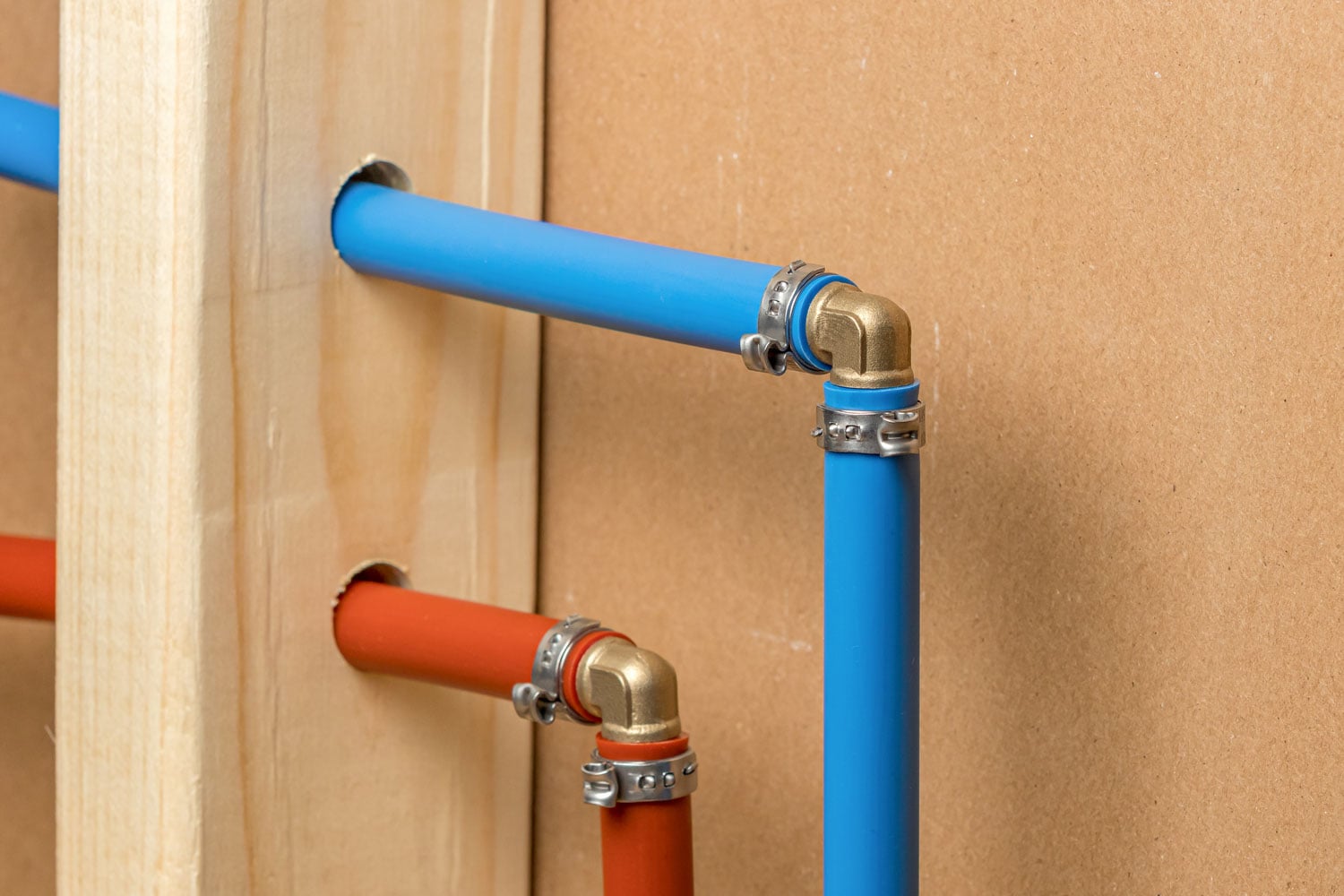
This should also include periodic flushing of your pipes by turning on all faucets for a few minutes and inspection of joints, seals, and valves for any leaks or corrosion.
Water Softeners
If you're dealing with hard water, a water softener can greatly reduce mineral buildup.
Water softeners remove calcium and magnesium, the minerals that cause hard water, preventing scale buildup in pipes and fixtures.
Installing Pipe Filters and Aerators
Installation of pipe filters and aerators can prevent debris and sediment from getting into your pipes.
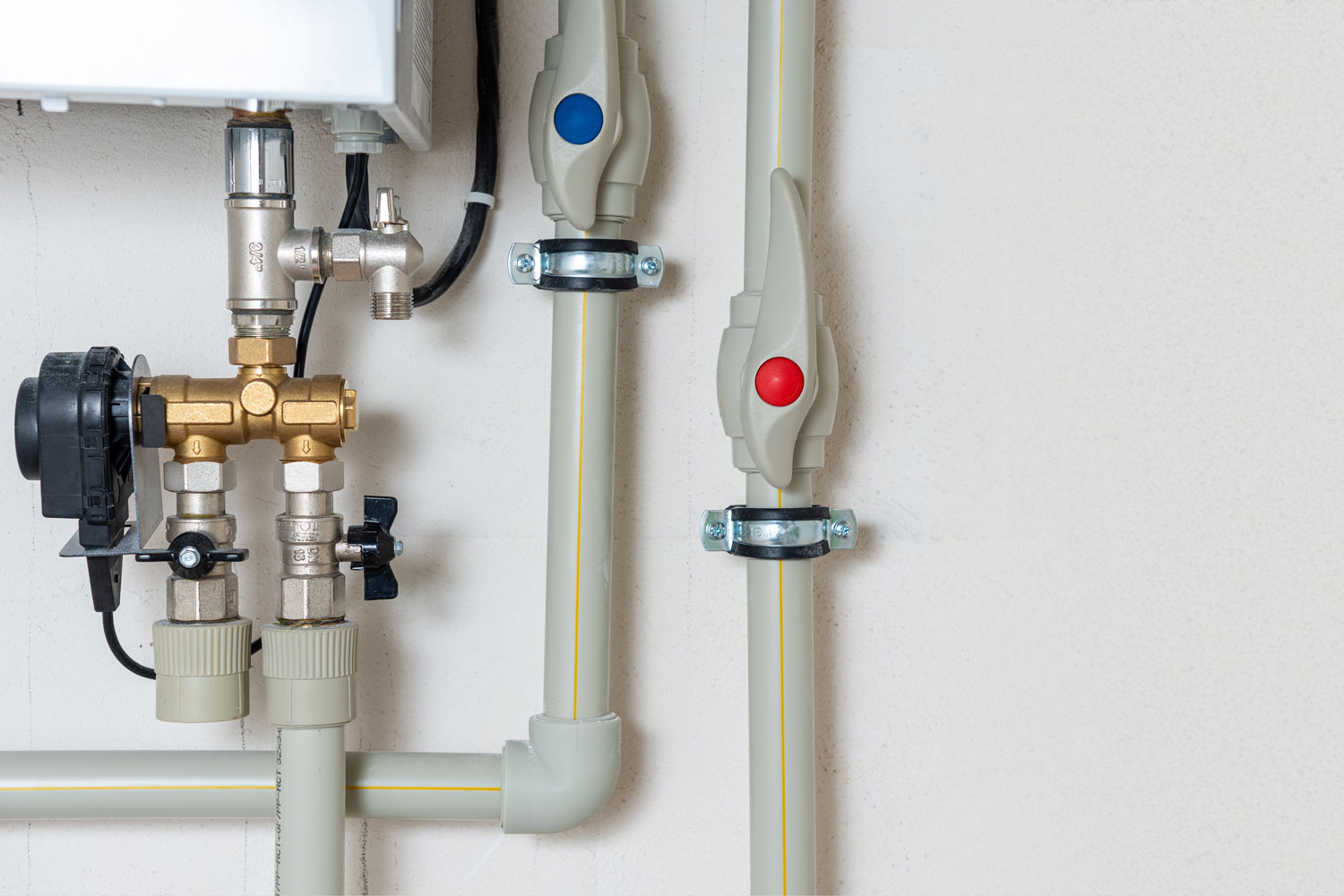
Pipe filters are best installed on the main water line, while faucet aerators help reduce water flow, minimizing sediment buildup in pipes.
Safe Cleaning Practices
Undertaking regular cleaning of clogged water pipes not only helps to maintain their functionality but also extends their lifespan.
Choosing safer options, such as homemade solutions over harsh chemical drain cleaners, is advisable.
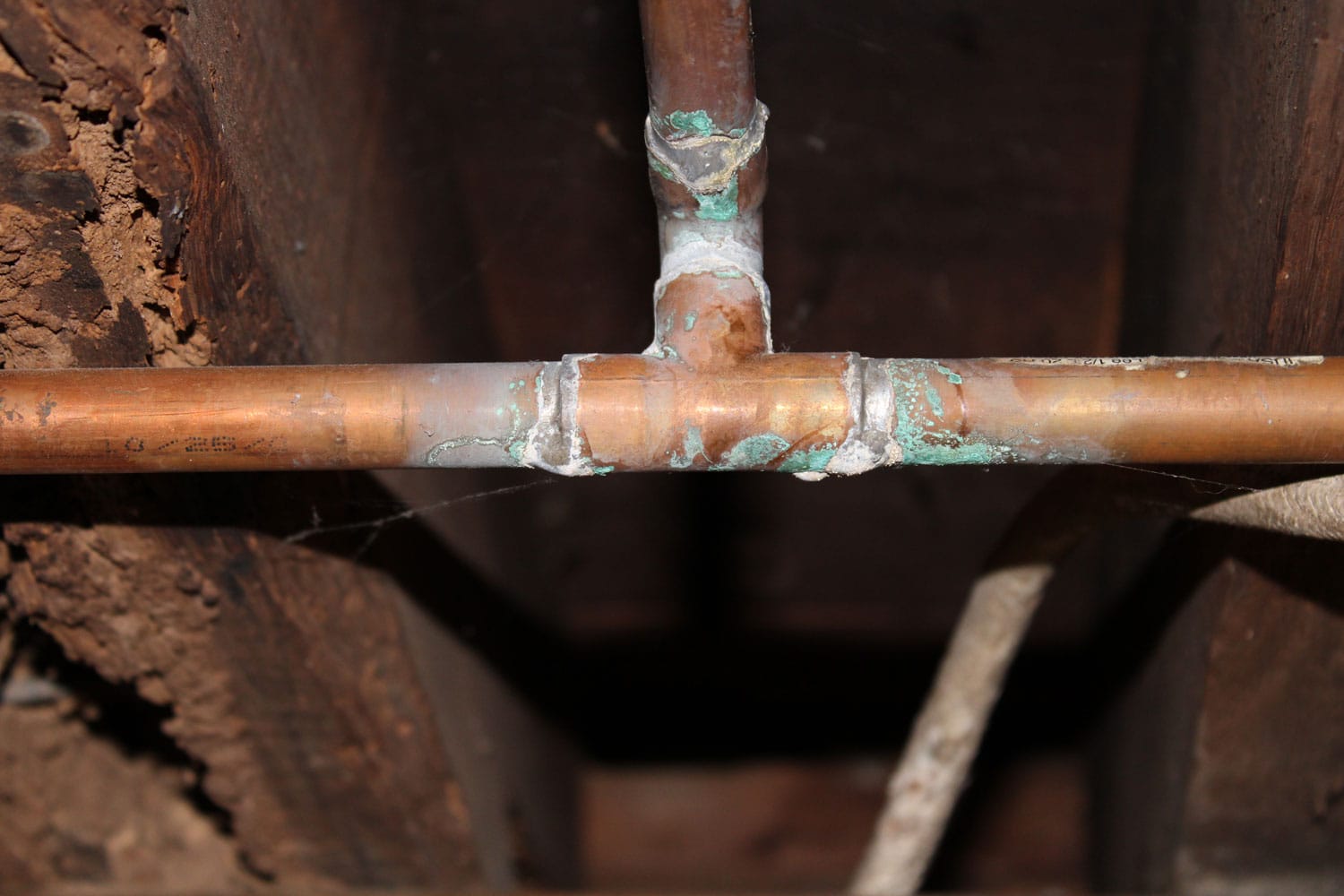
Wrapping Up on Clearing Blocked Cold Water Pipes
Now you know how to clear a blocked cold water pipe. Following the steps in the article will prepare you for any home pipe blockages.
It's important to be patient to avoid damaging your plumbing system. Regular cleaning and monitoring of water pressure can help prevent future blockages.
Don't hesitate to seek professional help if needed, and good luck with your plumbing maintenance!









